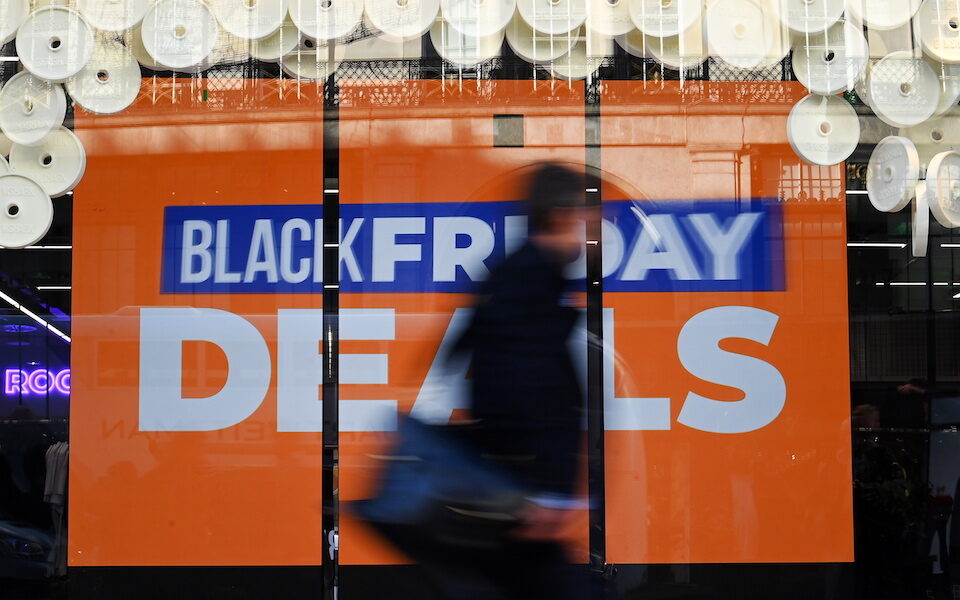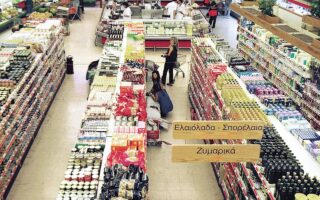Retail sales declined in November

Retail sales volume fell 5.2% in November 2023 in the Greece, with sales falling across the majority of store categories in the month, the Hellenic Statistical Authority (ELSTAT) said on Wednesday.
Turnover in the month dubbed by some “Black November” – following the extension by many of the “Black Friday” promotional events – fell 5.4% at bookstores, 4.3% for fuel-lubricants, 2.5% at supermarkets, 2.1% for clothing-footwear, 1.8% at department stores and 0.4% for pharmaceuticals-cosmetics.
On the other hand, sales rose 1.4% in food-alcohol-tobacco and home equipment (0.1%). The retail sales volume index (turnover in fixed prices) fell 5.2% in November 2023 compared with the same month in 2022, while the seasonally adjusted index rose 1.6% in November from October 2023. The retail sales turnover index (turnover in current prices) rose 0.6% in November compared with November 2022, ELSTAT reported, with the seasonally adjusted index rising 2.1% in November from October 2023.
Furthermore, price increases have changed consumer habits in Greece, a survey by the Research Institute of Retail Consumer Goods (IELKA) said on Thursday.
The survey, conducted on a sample of 1,000 consumers in November 2023, showed a clear trend by consumers to save money to buy basic goods and services. The pressure is greater on reducing spending on basic services.
The survey shows that 75% of respondents (up from 71% in January 2023) said they have eliminated entertainment spending, such as restaurants, travel etc, 52% (compared to 50% in January) said they have put off repairs and maintenance on houses and cars, 55% said they have cut purchases on food and groceries, 48% (against 40% in January) have altered their purchases of brand products, and 28% (from 24% in January) used savings to cover their expenses.
Of these, 28% (compared to 29% in January) have defaulted on their debt, while 15% were working overtime or have found a second job.
More consumers are using the government-sponsored “Household Basket” measure to save money, but the majority of consumers think that this measure was actually the least effective for dealing with price increases. Eighty-one percent of respondents said cutting VAT on basic foods would be the best measure for combating higher prices.




